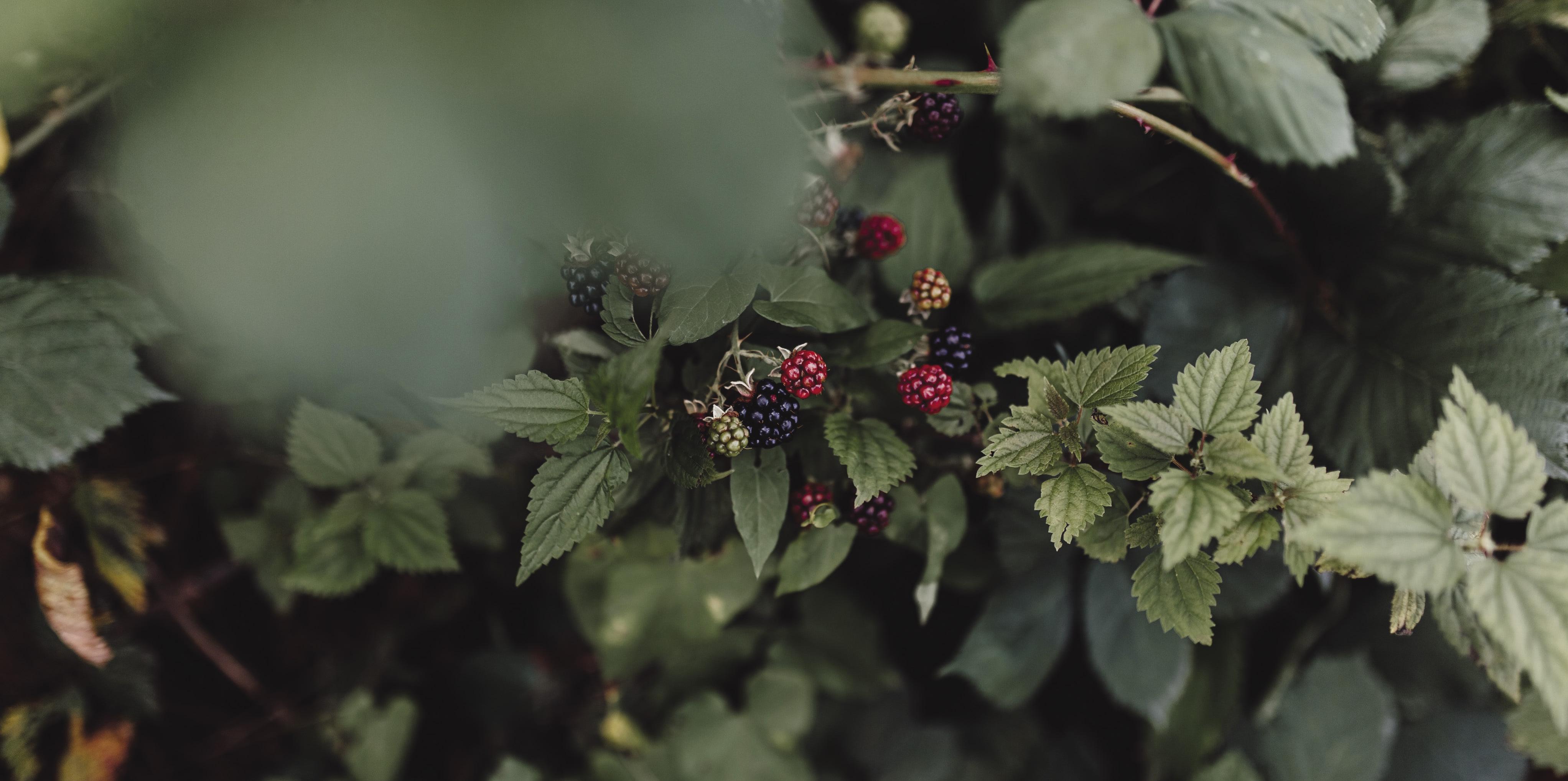
4 minute read
Wellness and Local Food
(#EATINGWITHBENEFITS) Alla Wolf-Tasker AM. Culinary Director Lake House & Dairy Flat Farm Daylesford @wolfinkitchen @lakehousedaylesford @dairyflatfarmdaylesford

What’s the big fuss about “local food”? For a moment it felt very much like a fad. And sometimes, in the wrong hands it still does.
Luckily the notion of the critical importance of local food has remained in the hearts of many. Accredited Farmers’ Markets have prospered. Community supported agriculture boxes and meat packs have become a far more normal way to shop. And of course, in this wonderful burgeoning food bowl that is our ‘hood – all of this and more, has become part of our daily life. Demand of course, in turn, creates initiative and viability. We are fortunate indeed to have a local community that is committed and cares about the source of its food.
And take a look at the reasons preferred for post-COVID ‘flight from cities syndrome’ – availability of fresh local produce is often at the top of the tree changers’ agenda. And so, it is here. Is this perhaps just the remarkable success story of regional marketing? Certainly not every region is a bountiful food bowl. Many in fact, are still firmly anchored in traditional industrial and generally monocultural agriculture, where nothing that is grown on farm is destined for local tables.
And what does it matter anyhow? What’s this ‘local’ business all about? And why do even Australia’s major supermarkets buy into the spin?
Originally, local food is all we ate. It is all that was available. As transport systems developed – we moved food around – because we could. And as they grew into hugely profitable behemoths, they became far more lucrative than the business of growing the food itself. We all bought into this bright glamour package – food that was convenient, cheap and available all year round. Why wait for spring to buy asparagus? In the process we lost track of the seasons and lost our connection with the origins of our food. We encouraged the transportation of food to and from the cheapest labour markets. Apples grown in the UK, sent to Africa to be polished and then resent to UK to sit on brightly decorated stands under “grown in UK” banners.
The globalization of food has been one of the worst perils we have imposed on ourselves.
But let’s get back to local food and consider its benefits. There’s that amazing environmental, social and economic triple bottom line. Can there be any doubt
about the first? Small-scale regenerative farms make it their mission to improve their environment. Beneficial social outcomes are apparent in communities where farmers are recognised and treasured for their provision of good food, for their efforts at ethical excellence and for their hard labour. Witness the animated conversations at farmers’ markets – we are regaining something that had clearly been lost to us – contact with the people who make and grow our food.
Economic benefits, where income stays within the community, are self-apparent. Beyond all this, there are educational outcomes – the opportunity to learn from people who supply our food. And then the sheer deliciousness to be gained when, unshackled from the need to only grow and pick produce that transports and stores well, these folk revert to varieties and harvesting schedules that are in sync with nature and best for flavour. When was the last time you ate a fresh sweet apricot, and the juice ran down your chin? Eating as local as possible has many benefits and opportunities. Some might call it ‘eating with benefits’. And the connection to ‘wellness’? Probably the most critical benefit nowadays of local food is transparency. Being able to trace where our food has come from and what’s been done to it has become increasingly important for our health.
So, make that chat with the grower at farmers' markets throughout our region count; find out what regenerative organic, biodynamic practices they are employing. And get your mouth around the new season leafy greens and broad beans already abundant at our local farms not to mention the marvellous Morel mushrooms and spring nettles and dandelions that are top of the foraging list right now. Not only are they delicious - but they are also full of nutritional value.
Go well. Go strong.
Alla Wolf-Tasker AM
Photos (opposite L-R): Jono Hurst of Brooklands Free Range Farm. Alla with Paul Righetti of Honest Eggs Co. Below: Produce from Angelica Organics. All photography by Lisa Cohen.

Stay With Us
As Daylesford’s leading accommodation provider we have over 140 unique holiday rentals, region-wide, so you can find the perfect getaway this Spring.

Red Gables Daylesford
dayget.com.au
14 Vincent Street Daylesford Victoria 03 5348 4422










